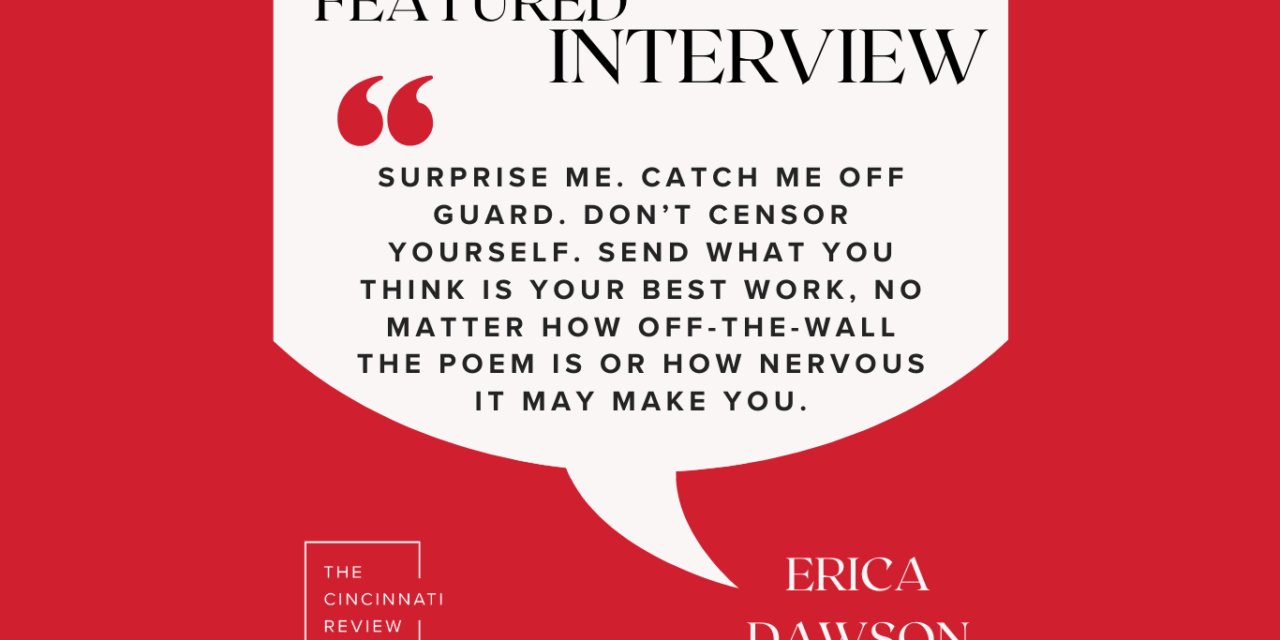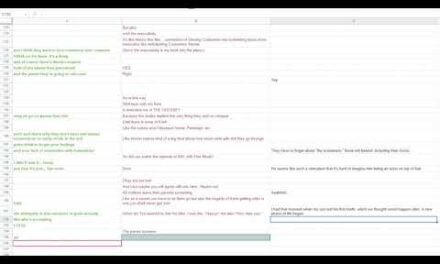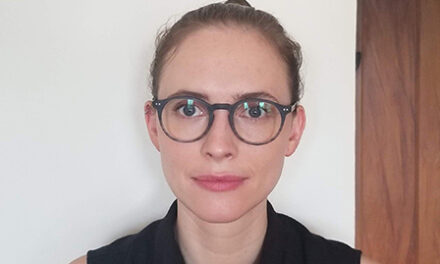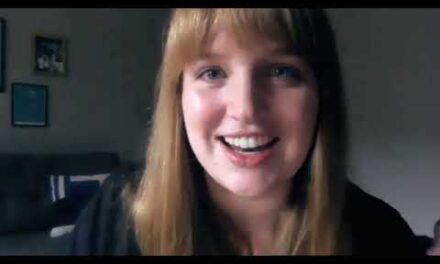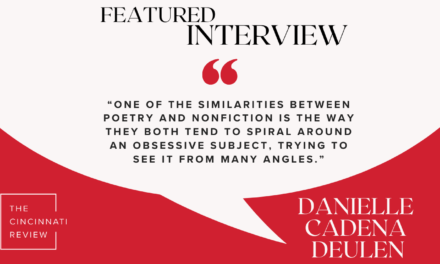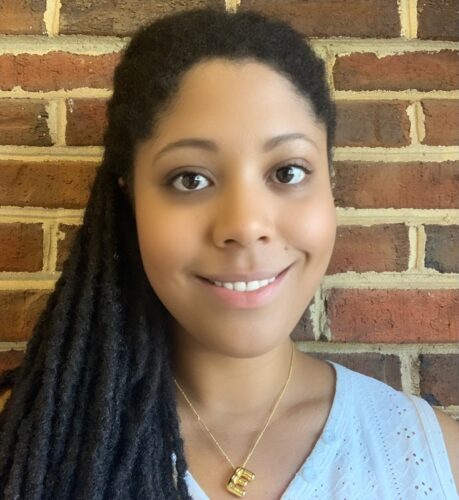
Managing Editor Lisa Ampleman: This fall we’re honored to have Erica Dawson join us as a poetry editor-in-residence while Rebecca Lindenberg takes a well-deserved sabbatical! I met Erica back in 2009 when I was a new student in the PhD program here at the University of Cincinnati and she was in her final year. We talked about reading Renaissance-era poets, and I was floored by her reading at the event celebrating grads. It’s been great to see her additional successes since then, and to publish an excerpt of her book-length poem, When Rap Spoke Straight to God (Tin House, 2018) in our Issue 15.1.
Erica will be curating the spring issue (22.1) with Assistant Editor Andy Sia. The two of them will read poetry submissions this fall (so, those remaining from previous submission periods as well as September submissions) and participate in a virtual public reading/launch and lecture on editing in the spring near the issue’s release.
We’re grateful to the Ohio Arts Council for their support of this editor-in-residence program through the ArtsRise grant. We hope to offer this position—which supports a mid-career writer with experience in literary publishing and numerous publications of merit—in the future as funding and staffing allow.
To kick off her time with us, I asked Erica a few questions:
I’ve long been fascinated by how you bring contemporary diction and concerns into verse forms, since I read Big-Eyed Afraid and then The Small Blades Hurt. Your third book, When Rap Spoke Straight to God, is expansive and oracular, with those kinds of forms nestled in it. How does writing in form affect the poem that gets written, and how do you revise within those structures?
For me, received forms are extremely generative. Forms like the sonnet or villanelle may look restrictive, but so many possibilities open up when I find a poem taking a particular shape. My brain starts searching for even more patterns to play with, ways to wind the syntax around line breaks, which have to meet certain marks in terms of rhythm, repetition, or rhyme. An energy grows within the structure and I love the way that energy can bump up against our expectations of whatever form I’m using.
Maybe I just like rules—following them, breaking them, rewriting them, making my own.
Revising, though, is really hard. Changing a verb’s tense can mess with the meter. Choosing a different rhyme can force me to start the whole thing all over again. I’m okay with that. I love the often lengthy and always tumultuous process of letting a poem become what it wants to be, not what I intended it to be when I started out. Whether it’s in the strictest of forms or a freer shape, it’s a living, breathing thing if I’ve done my job well.
As our Editor-in-Residence, what editorial experience do you bring to the table, and what do you look forward to about the position?
I was poetry editor at Tampa Review for five years. During that time, I also read and selected manuscripts, with colleagues, for the Tampa Review Prize for Poetry.
But it’s been a while since my last editorial role for a publication or press. So I’m extra excited to get back into the role of curator. I’m looking forward to putting together an issue with a wide variety of poems from diverse authors, poems which will be so different from each other in many ways, of course, but also in conversation with each other about our current, and collective, place in time. I can’t wait to watch that conversation happen.
As we approach the opening of our September submissions period, I bet writers would love to know what’s best to send. What are you looking for?
Everything. Everything and anything that’s possible in your minds. I want to see the poems you’re afraid to let people see. I want to see the poems that are dying to be heard. I love when poets talk about the poem as a moment of discovery. I want to see those discoveries happening when I read through your submissions. Surprise me. Catch me off guard. Don’t censor yourself. Send what you think is your best work, no matter how off-the-wall the poem is or how nervous it may make you.
If you’d like to share: What creative projects are you working on right now?
I’m working on a new poetry manuscript revolving around ideas of mental illness and wellness, survival and destruction, the body and all of its miracles and tragedies.
If you’d like to share: What kinds of things have been feeding your creative side lately (books, TV, film, places, people, etc.)?
I’m obsessed with Louise Glück right now. I’ve read The Wild Iris maybe ten times in the last two months. I can’t stop. I also loved, and felt inspired by, a new anthology called Braving the Body. In July, I spent time at the DISQUIET International Literary Program in Lisbon, Portugal—a city so magical I can’t help but create when I’m there. And here at home, my seven-year-old nephew’s energy, curiosity, and sheer joy encourages me to be a better human and writer every day.
Erica Dawson is the author of three books of poetry: When Rap Spoke Straight to God (Tin House, 2018), The Small Blades Hurt (Measure Press, 2014), and Big-Eyed Afraid (Waywiser Press, 2007). She holds an MFA from Ohio State University and a PhD from University of Cincinnati’s Department of English. She has won numerous prizes, including the 2018 Florida Book Award, the 2016 Poets’ Prize, the 2006 Anthony Hecht Poetry Prize, and a Pushcart Prize. Her poems have appeared in Best American Poetry, Orion, The Believer, Virginia Quarterly Review, and other journals and anthologies. She lives in the Baltimore-DC area.

